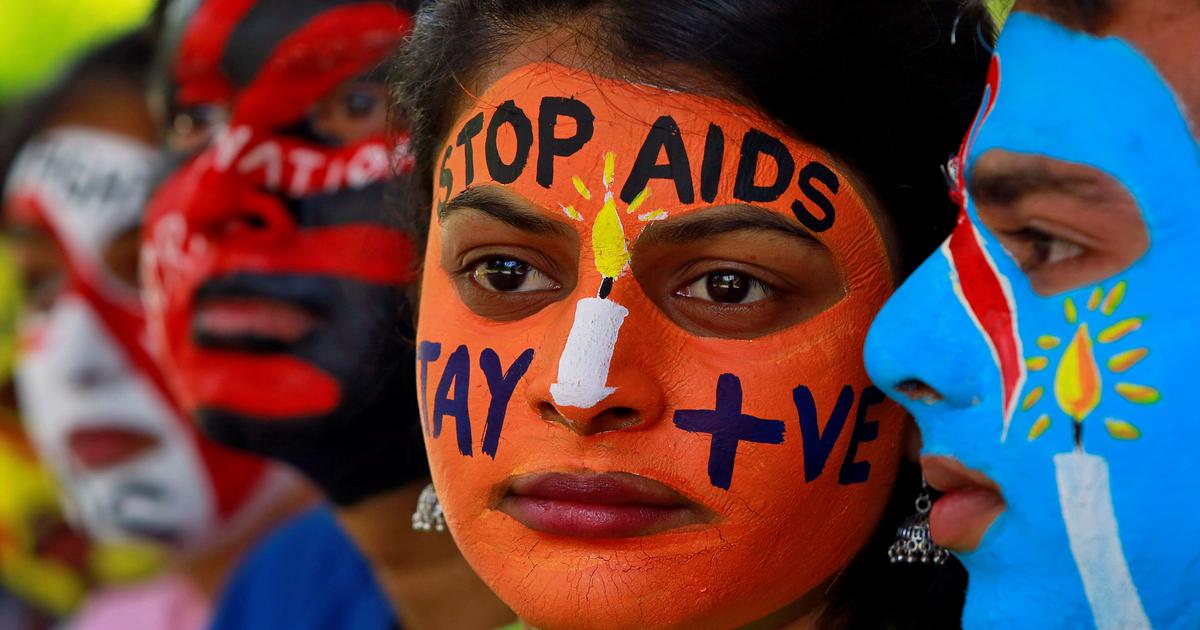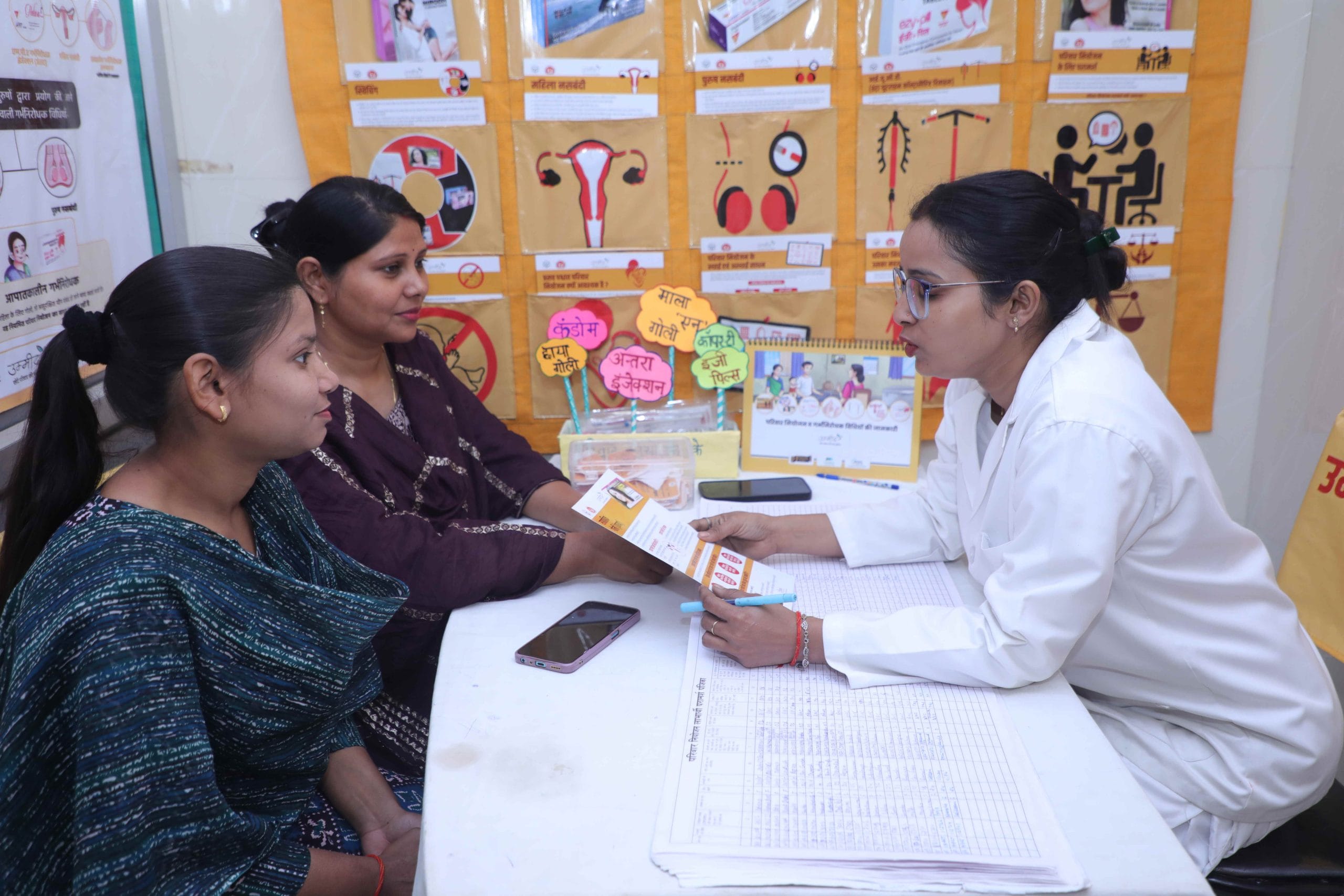“I am a TB (Tuberculosis) patient and because I am Dalit, the doctor will not even come close to me. But when an upper caste patient comes to the clinic, the doctor goes close to the patient and sees them properly without any hesitation”. This is the story of Kavita, 25, from a village in Haryana who was interviewed by CNN for a piece shared in 2016.
Women in India face discrimination and ill-treatment merely because they are women. Inject into this the innumerable intersections within an individual’s identity of which some are imposed and assigned at birth. Junctions such as trans, Dalit and queer, among others. Such intersections only serve to make undeserved judgements more severe.
I, as a privileged, socioeconomically stable, Indo-Canadian, cisgendered, and educated young woman was told just two days ago by my doctor that the knee pain I have must be in my head. I tried to argue, feeling comfortable doing so given my educational background, but I was continuously spoken over nonetheless. I wondered, what if I was not any of those things?
Women in India face the threat of sexual assault at the hands of those they rely on for healthcare.
To quote from the Indian Journal of Medical Ethics (IJME), “Physicians in India have always held disproportionate power over their patients, and classical paternalism in physicians’ behaviour is the rule rather than an exception”. The following are a few of many instances of the paternalistic ownership that not just physicians, but healthcare workers feel they deserve over bodies that are not their own.
Vidya, a 46-year-old woman from Mumbai, recounted to Human Rights Watch that she was forcibly institutionalized at the hands of her husband because he wanted a divorce on the false grounds that she was cruel and mentally ill. All of this done with the compliance of health workers.
The workers posing as government employees convinced her to let them into her home where they sedated her under the guise of providing a vaccination. Later, she awoke in a psychiatric ward where she was medicated against her will and forced to undergo electroconvulsive therapy.
Women in India continually face the threat of sexual assault at the hands of those they have no choice but to rely on for healthcare. Women sent for extended care at institutions return home pregnant. Patients are raped by caregivers on the pretext of providing medicine.
Also Read: Living With Fibromyalgia: An Invisible And Chronic Illness
Another incident is that of Anirban Kundu, 34, from Kolkata. She sustained serious injuries following an accident and was rushed to a hospital by her friend. At the hospital, the attendant who received her refused her admittance by asking, “Mei na chele?” (girl or boy?). Kundu identifies as a trans woman.
She was then taken to another hospital. At the second hospital, her friend said that hospital staff were arguing that she could not be admitted to the female ward because she had a ‘male name’, despite the fact that Anirban’s condition was deteriorating. Finally, a doctor attended to Anirban and remarked: “That if there had been further delay, the accident victim would have died”. What does it say about a society which values categorizing an individual over saving their life?
IJME states that “The patient’s gender, age and education are decisive factors in the disclosure of information or choice for the patient. Female patients may be given less information or choice about their treatment…If the patient is uneducated or not highly educated, the treatment meted out to them is pathetic”. As Dr Keshav Desiraju, a former Health Secretary, aptly stated, “To be female, poor and sick is a deadly combination”.
Women professionals and students in the healthcare field also face prejudice at the hands of their male colleagues and teachers. In India, there are more women than men in medical colleges, a trend becoming increasingly prevalent worldwide.
63% of women physicians work part-time compared with a measly 8% of men.
Despite this, many physicians who are women either cease working to take care of their families or are obliged to work part-time. A survey done by the National Health Services in the UK found that 63% of women physicians work part-time compared with a measly 8% of men.
Knowing women who are medical students and physicians, I have grown up a witness to this phenomenon. Many of the women physicians who are also mothers work part-time to ‘attend to their domestic duties’, while their male partners work as much or as little as they desire.
A friend of mine who is nearing the end of medical school has shared how she faces many instances of bias from male teachers and patients. Patients will ask for a male and thus apparently a better doctor. She recognizes that she has the privilege of being able to receive medical training, but at the same time is still being placed in “a new social construct every couple of weeks”, a process that is draining.
A woman can be equally and even more qualified than a man, but at the end of the day, she will still be treated as though she has been imparted the misfortune of being a woman. If the very people we rely on to restore our bodies, the people we work with and learn from, those for whom women train for years to provide healing for, cannot view women as equals and competent individuals, not much can be asked of men in other realms.
Also Read: The History Of ‘Hysteria’ And How Science Can Be Sexist
Featured Image Credit: Odyssey
About the author(s)
Chandrika, based in Vancouver, Canada but wishing she could be in India, currently works with children and is a previous researcher in community-based participatory research at the Mayo Clinic. While not trying to figure out what's next in life, she can be found watching too much TV and hiding from the cold.




